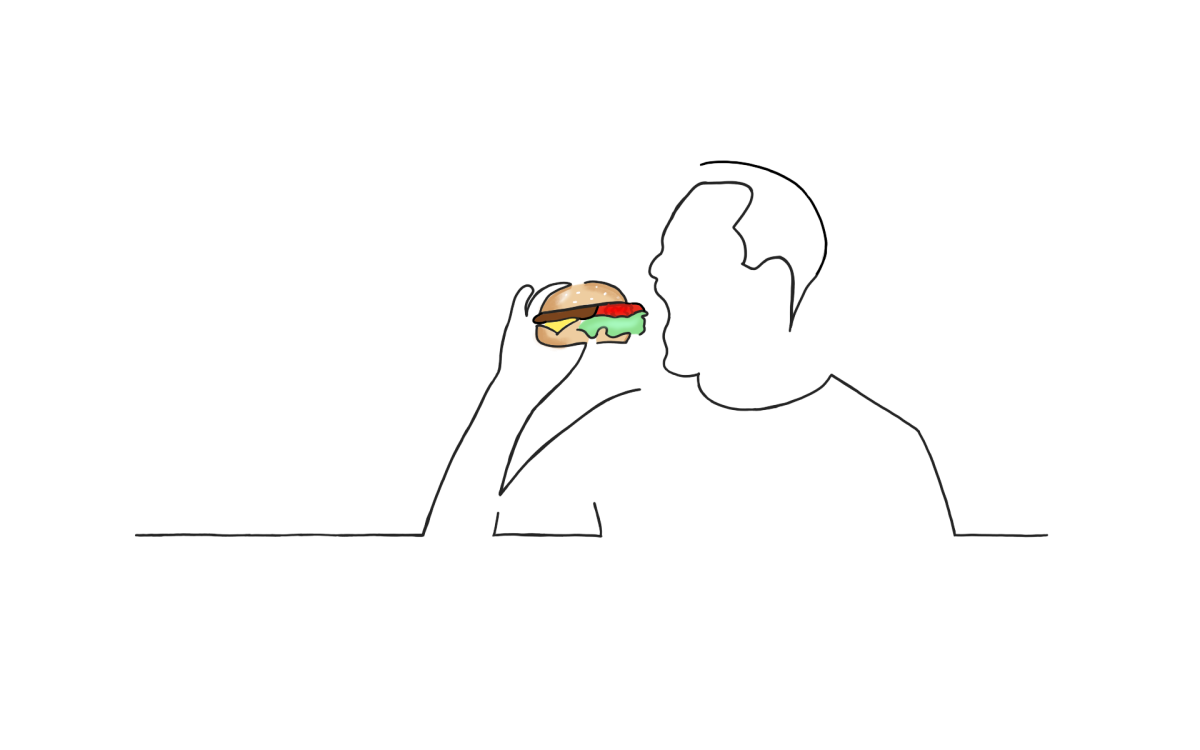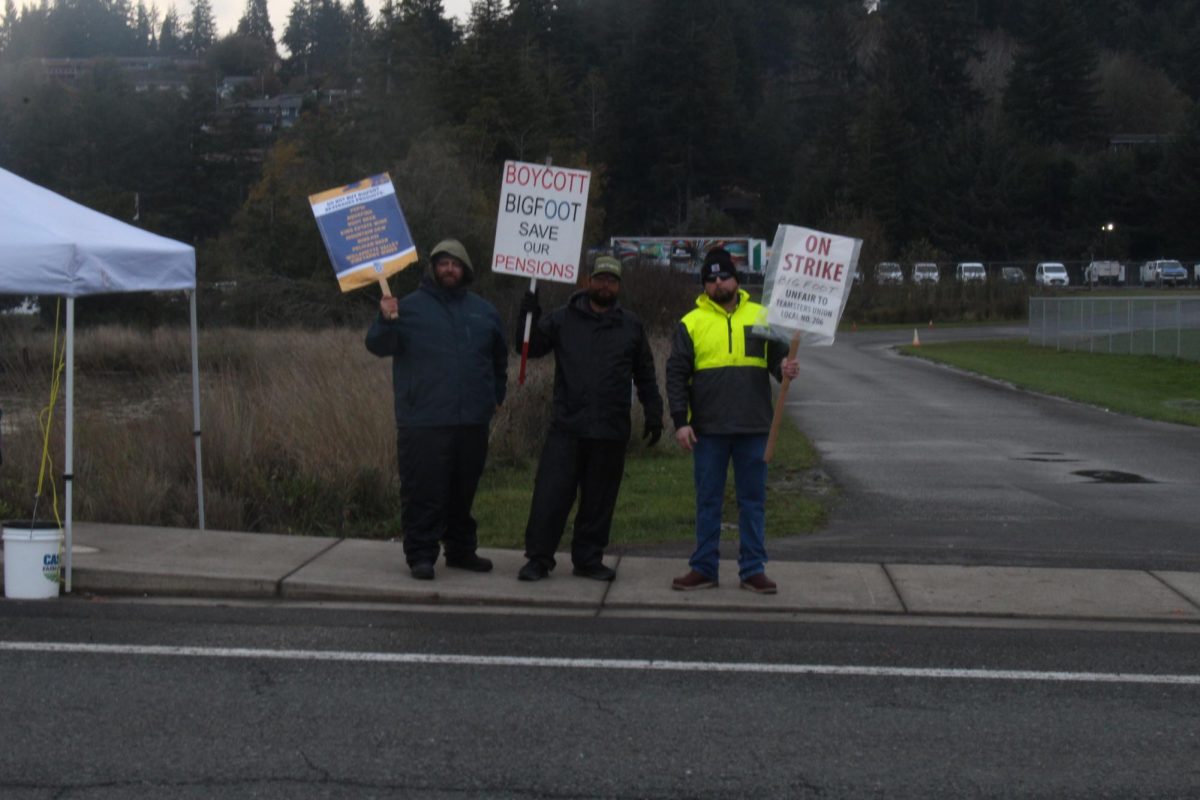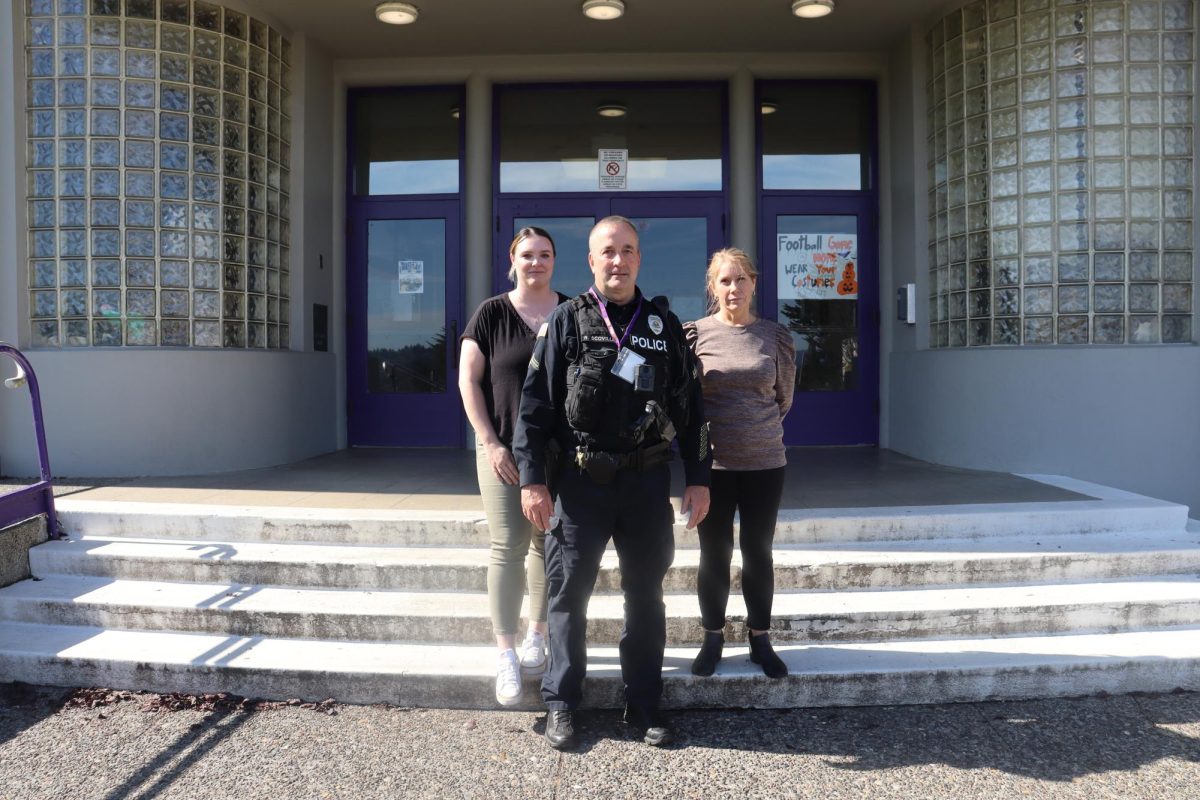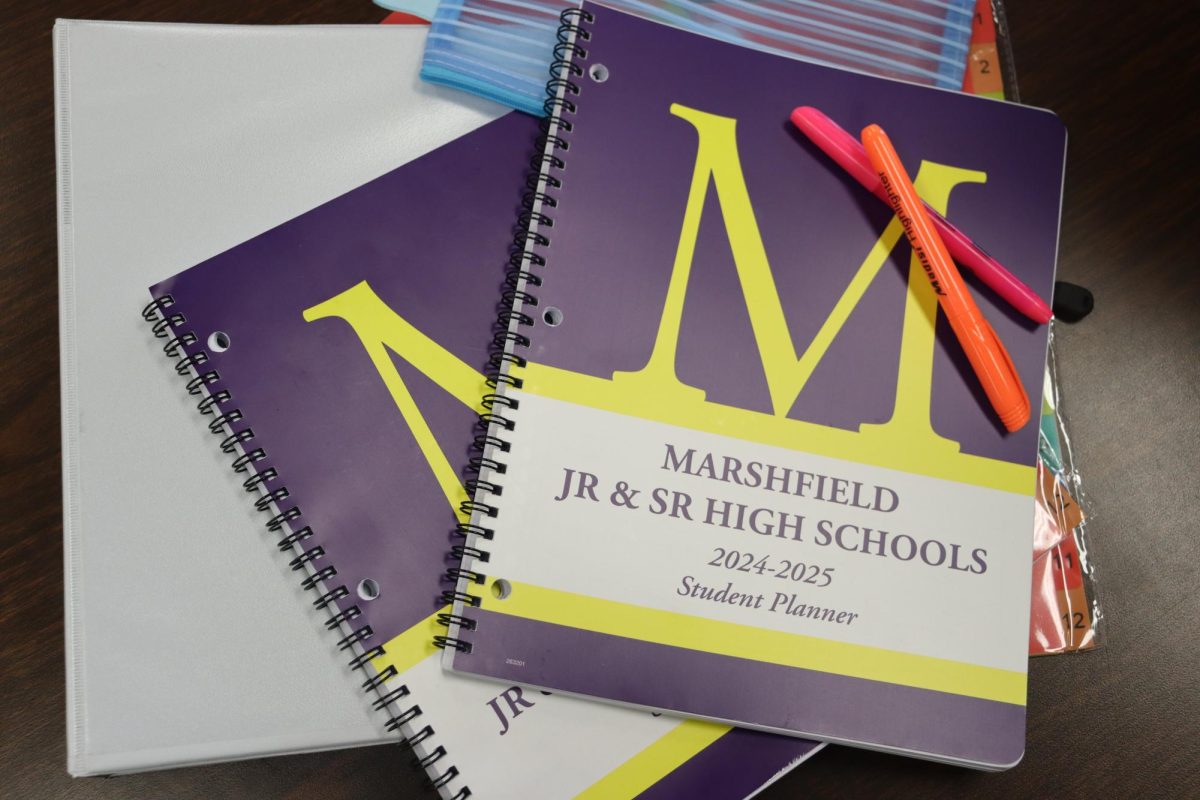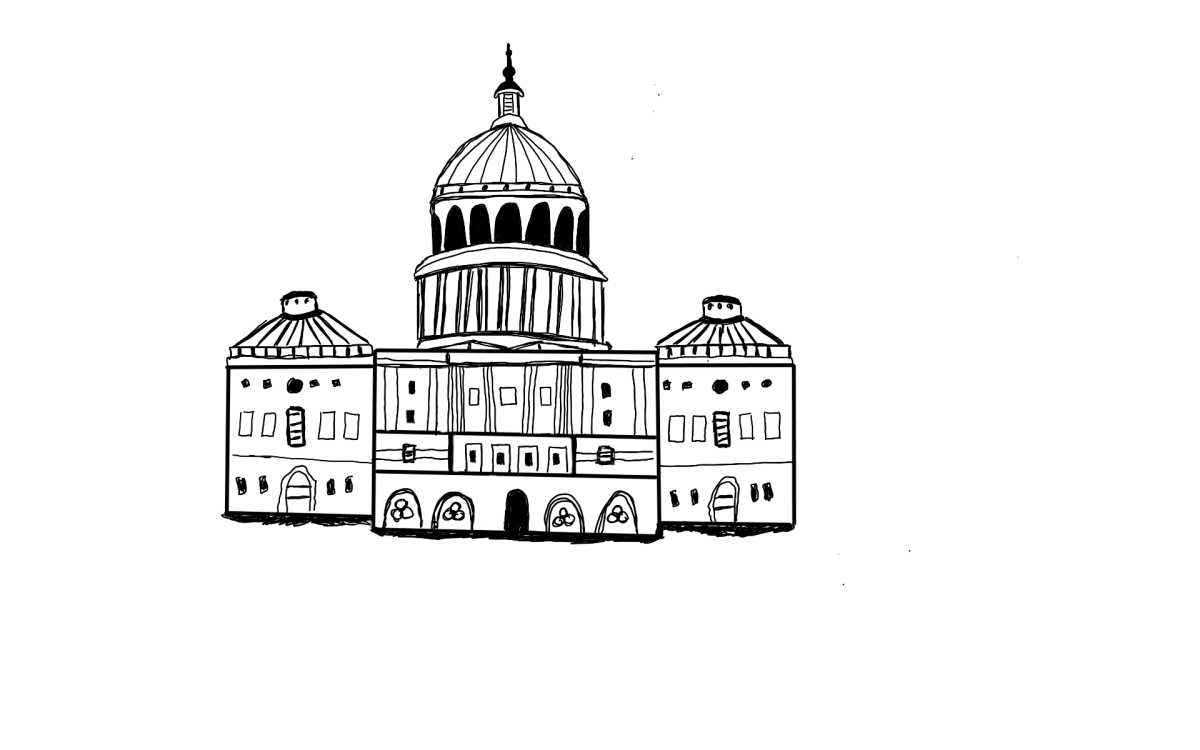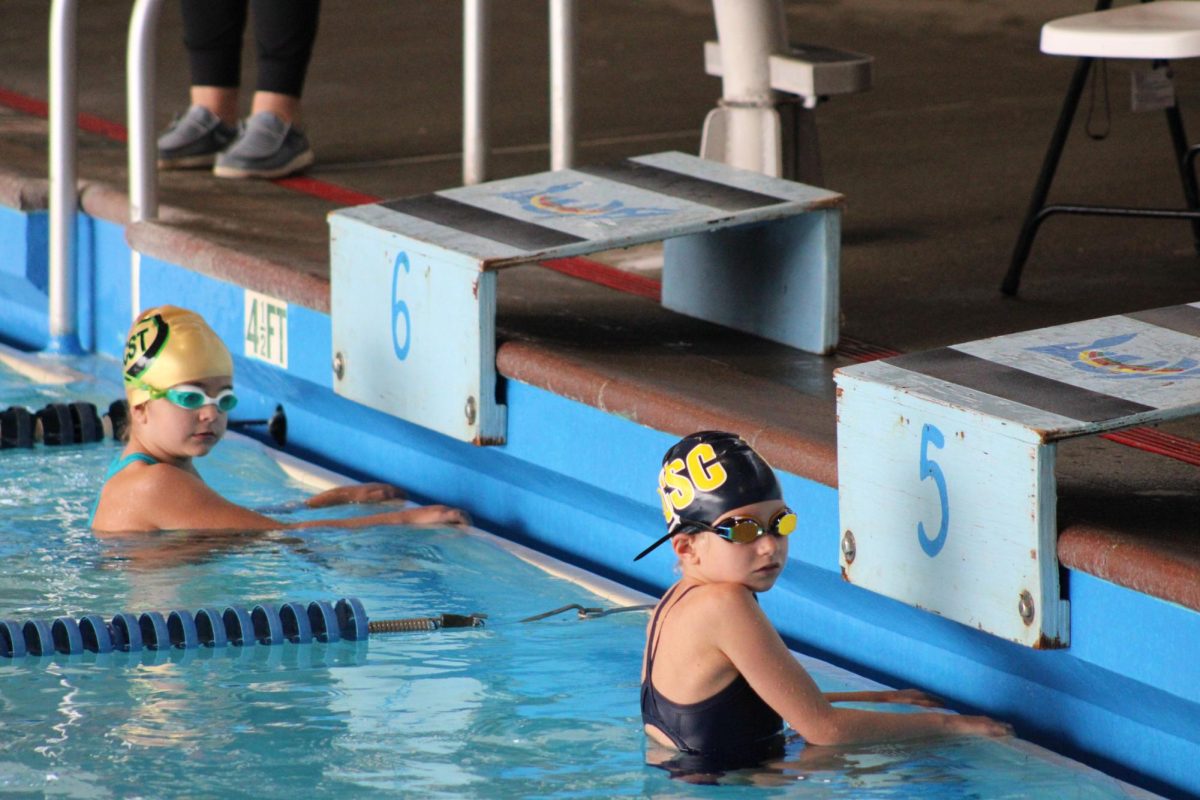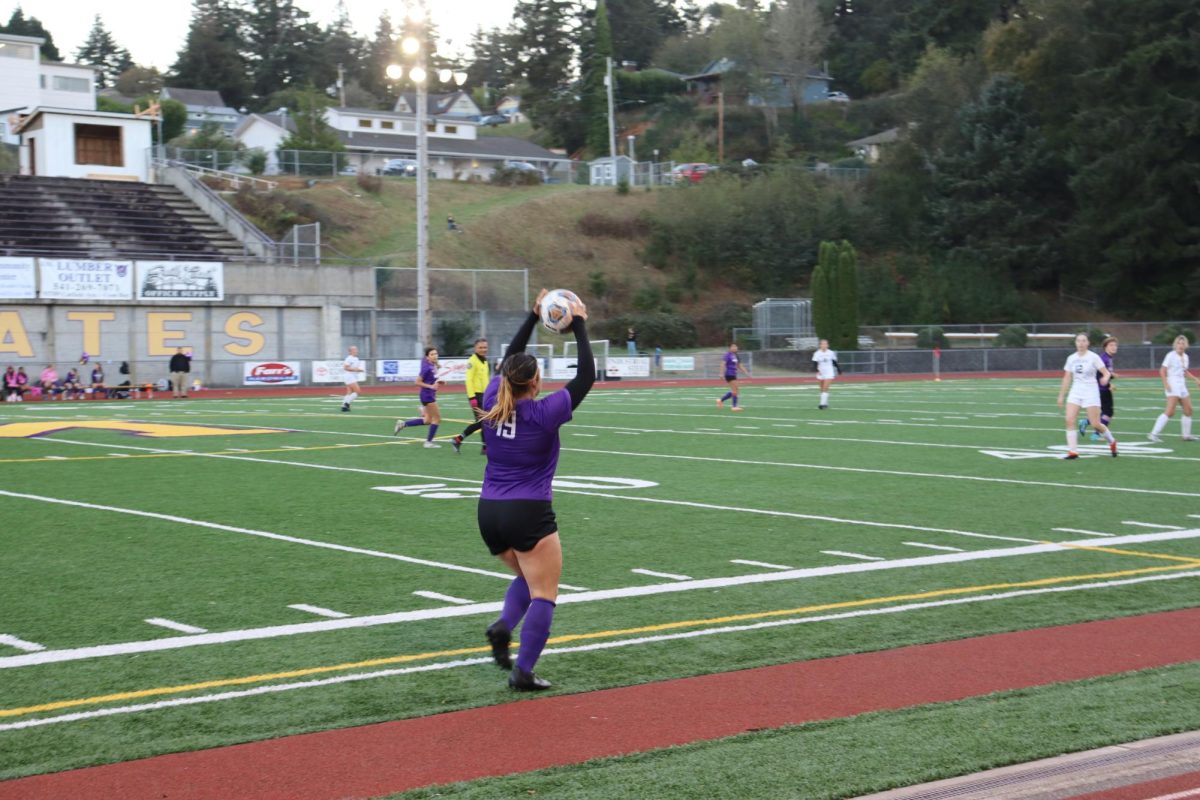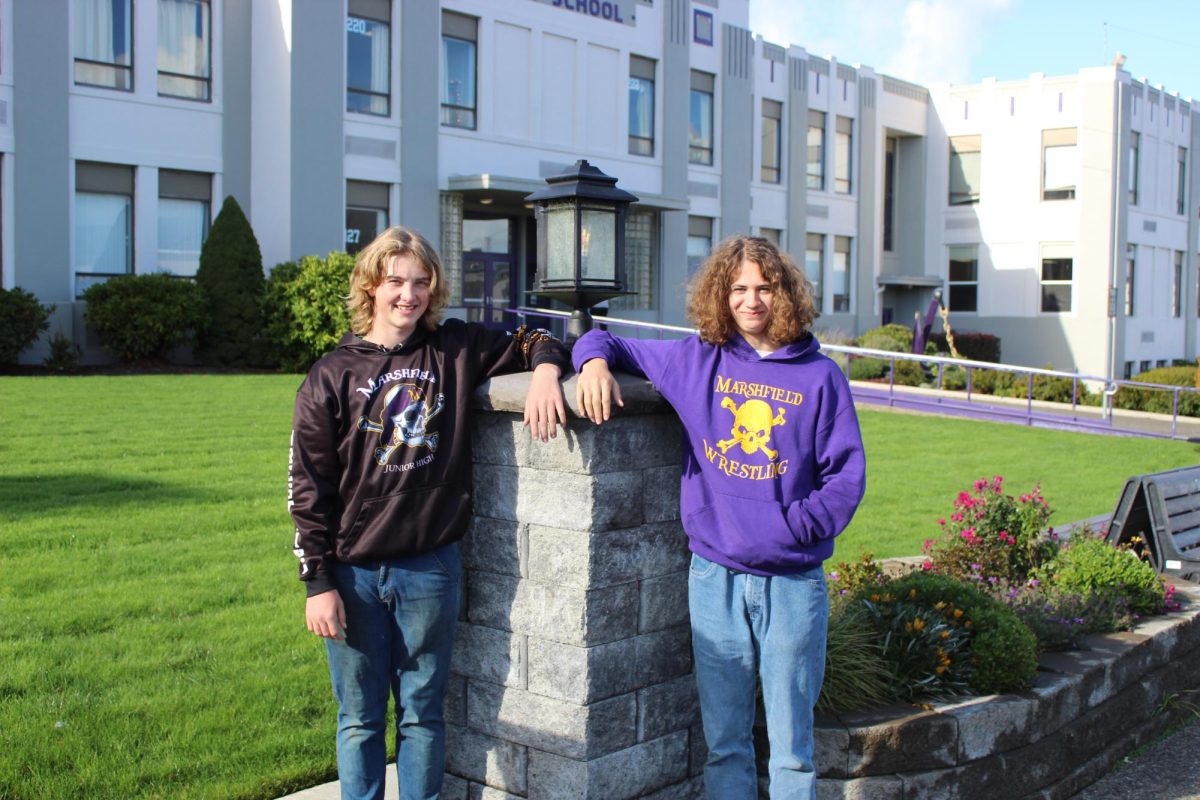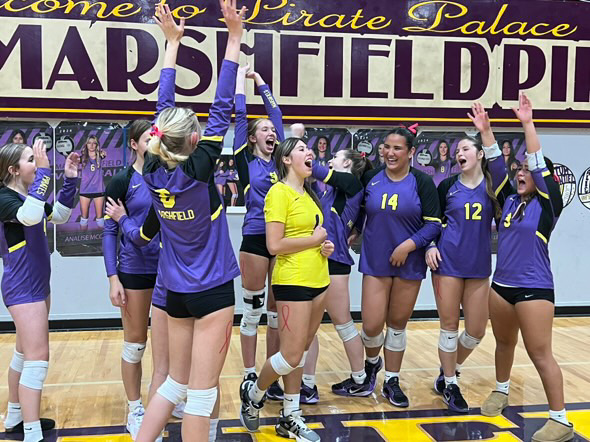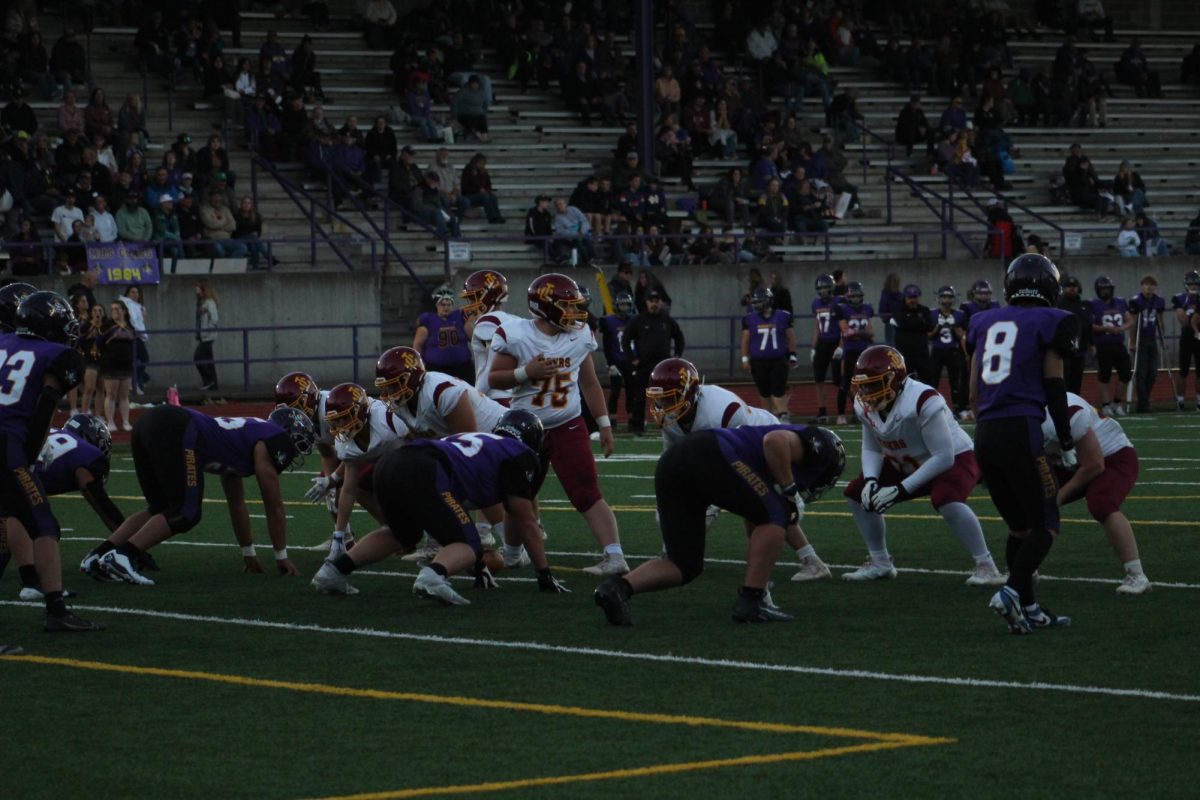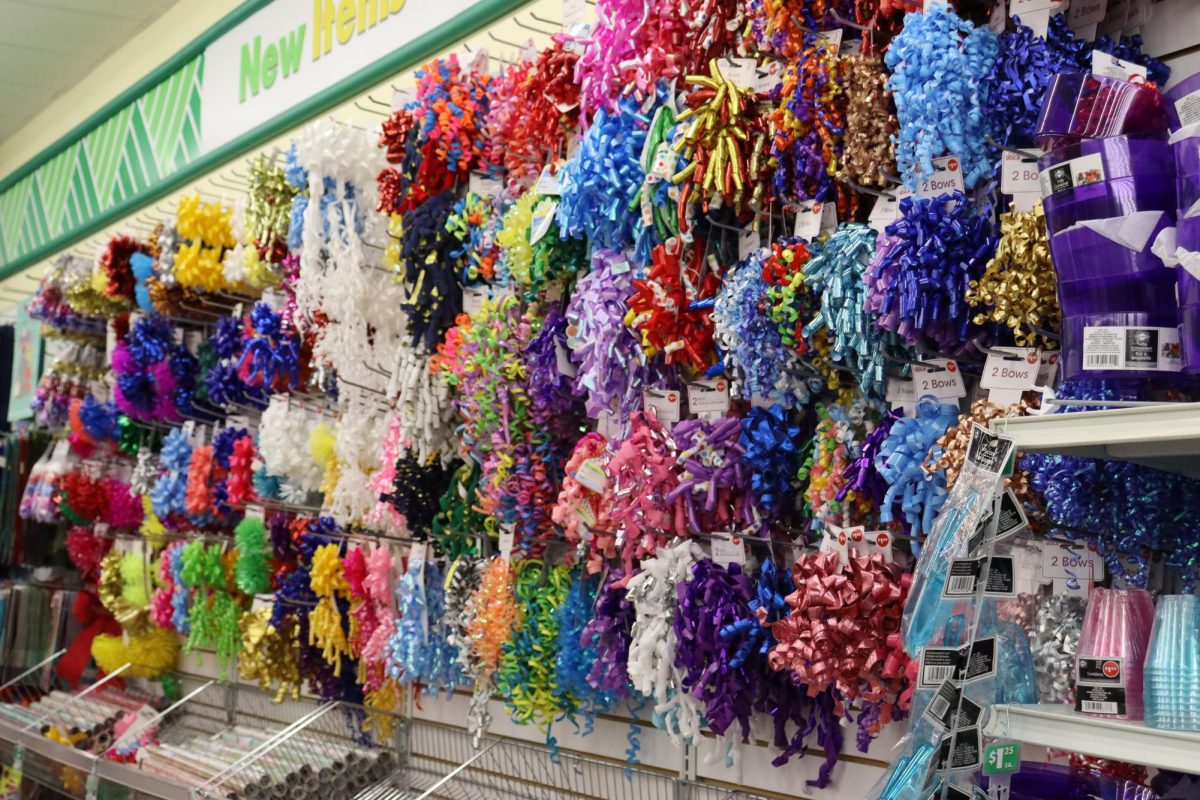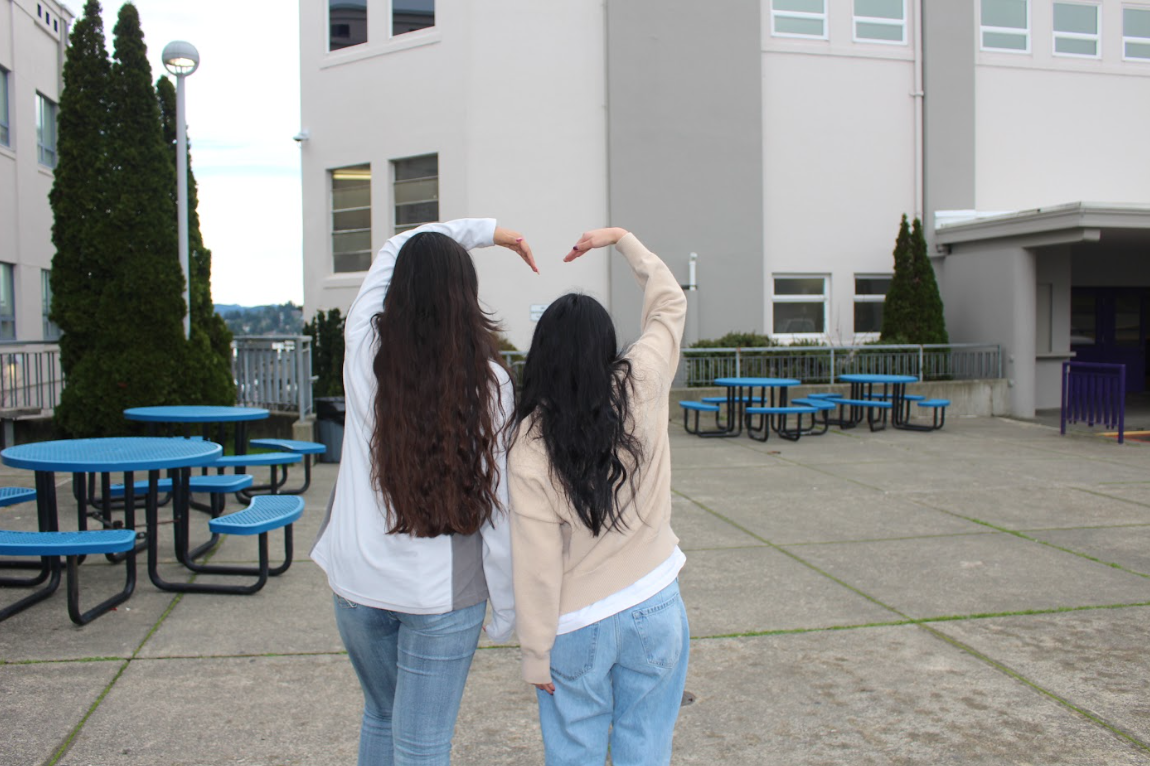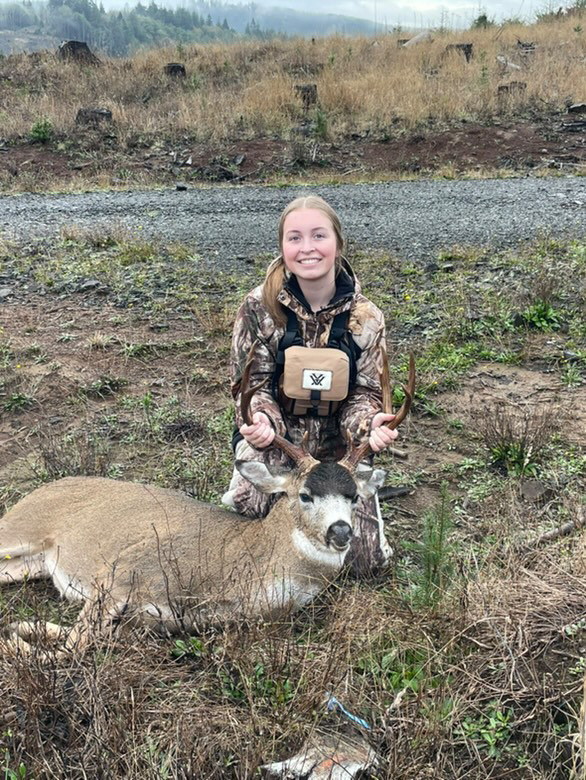The political environment we live in is increasingly divided every day. This has been evident in recent months with the recent presidential election. Many people have strong opinions or are heavily impacted by the policies being debated on national television. While most high school students are too young to vote, politics are everywhere around us. Whether in our families, friend groups, religious groups, and especially social media, political topics are seemingly unavoidable.
Even at school we talk about politics in classes like social studies, English, government, speech and debate, etc. The truth of the matter is that school is political. Without it, we would not be able to learn about different perspectives and theories that add so much depth to our education and understanding of the world that we live in today. .
With the recent election, many of the highly debated topics as seen on the news and the Internet have become big topics of conversation among students and staff members in public schools around the country. While these conversations may seem harmless, they can quickly turn into heated debates that distract from classes. Specific topics and controversies can be very touchy and emotional for many people. As these topics can be too emotionally involved, it is a good rule of thumb to avoid talking about them in school if possible. There is a time and a place for debate in a classroom setting.
Teachers have been asked to remain neutral when it comes to talking about political topics in their lessons. They have been instructed to maintain professionality, which means that they aren’t allowed to take one side of the argument. This is because of the longstanding principle that teachers should not try to influence their students’ political ideas. Across the nation, parents have gotten upset because of their children reporting teachers that have pushed their personal political agenda in class.
However, others have argued that when teachers share their opinions, it has little effect on the students’ opinions. Students have said that they don’t actually care what their teacher’s political views are, as long as they aren’t pressured to think a certain way. Some students even say that they enjoy engaging in political conversations with their teachers. A general consensus was made that when a student decides to initiate the conversation it is more professionally appropriate than when a teacher initiates and leads the political conversation.
When controversial topics come up in school it is important to be mindful of others. Any conversations that cultivate discrimination or hate of any kind that make school a hostile environment is frowned upon.
Categories:
The unspoken rule: The relationship between students, teachers, and politics
February 13, 2025
0
Tags:
Donate to The Marshfield Times
Your donation will support the student journalists of Marshfield High School. Your contribution will allow us to purchase equipment and cover our annual website hosting costs.
More to Discover


